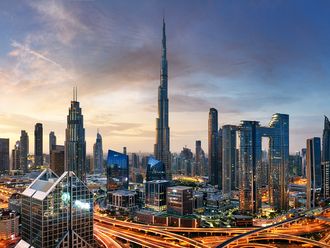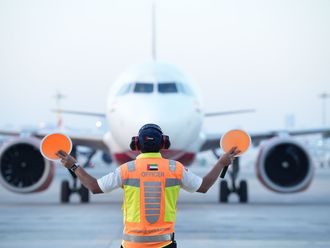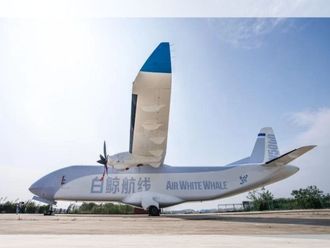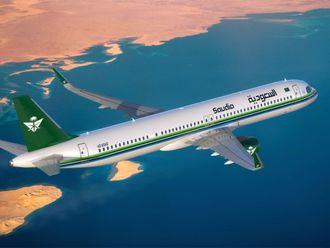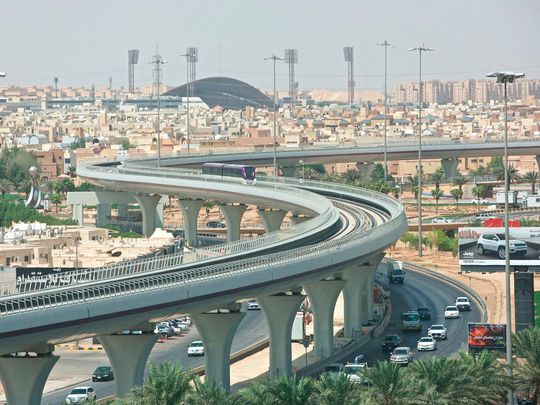
Dubai: The number of GCC small and medium enterprises in Saudi Arabia exceeded 1.27 million in the third quarter of 2023, with more than 40,000 new companies added, according to the latest figures released by the government.
This is in line with the country’s ambitious goals of increasing foreign investments to $3 triilion, which aim to promote economic development, transfer foreign expertise and technology to Saudi Arabia, create jobs for Saudi nationals, and increase Saudi Arabia’s non-oil exports.
Approximately 88,858 new business licenses were issued by Saudi government authorities in the first quarter of 2023, according to the Small and Medium Enterprises General Authority, also known as Monsha’at.
The new Shareek programme was designed to support large Saudi companies to enable the growth of private sector investments and generate $3.2 trillion.
National investment strategy
The national investment strategy established in 2021 included investment plans for manufacturing, renewable energy, transport and logistics, tourism, digital infrastructure, and health care. This strategy aims to increase foreign investments and therefore act as a step closer to Vision 2030.
“The strategy aims to grow the Saudi economy by raising private sector contribution to 65 percent of total GDP and increasing foreign direct investment to 5.7 percent of total GDP. The National Investment Strategy aims to raise net foreign direct investment flows to $103 billion annually and increase domestic investment to about $450 billion annually by 2030,” the report said.
Ease of starting a business
Aziz Ali, CEO of Evergreen Businessmen Services – business set-up and investment advisory services, talked about business licensing in Saudi Arabia. He said the costs range from SAR55,000 to SAR130,000 (Dh53,800 to Dh127,300) depending on the types of business, including government fees and the partnership fees paid to the local partner.
He added, “While Saudi Arabia offers 100 per cent foreign ownership in local businesses in almost all categories of business, most people still prefer taking a local partner in licensing which is cheaper and costs mere half the amount of a 100 per cent foreign ownership license. Besides, the presence of a local partner in the license helps in certain benefits such as local tax exemption and other benefits.”
The presence of a local partner helps in areas such as local tax exemption. The government fees for a trade license with a local partner range from SR2,000 to SR15,000 (Dh1,900 to Dh14,600.)
“A local partner could be a blessing or a serious problem, depending on the person involved. If the local partner is good, then the investor doesn’t have to worry much. We have a pool of some good Saudi Arabian nationals who protects the interests of the business owners,” Aziz Ali said.
“We help the investors with a selection of good Saudi Nationals that help the foreign investors.”
The Kingdom is launching an $800 billion project to double the size of Riyadh city in the next decade and transform it into an economic, social, and cultural hub for the region. The project includes 18 ‘mega-projects’ to strengthen economic growth, and more than double the population to 15-20 million by 2030.
The Saudi Government is seeking private sector financing of US$250 billion for these projects with similar contributions from income generated by its financial, tourism, and entertainment sectors.


